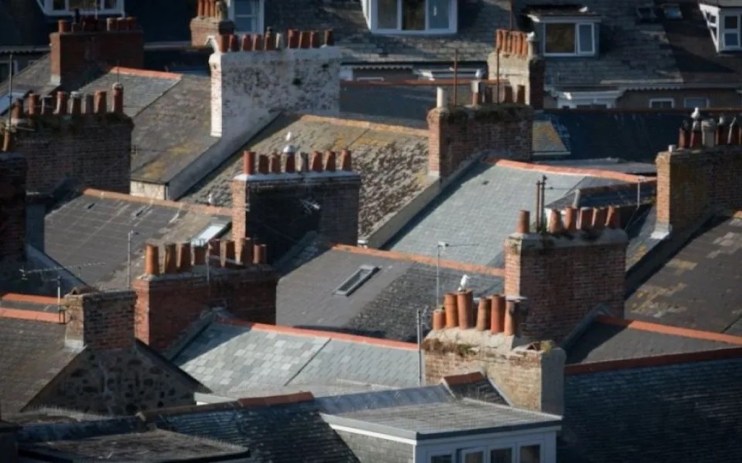Pressure rises on government to ramp up insulation of UK homes amid fuel poverty worries

It will take 300 years for the government to meet its end-of-decade energy efficiency targets for British homes at its current rate of progress, warned fuel poverty charity National Energy Action (NEA).
The government has released its official fuel poverty statistics for England, showing the number of households in fuel poverty has spiked to 3.26m.
It has already missed its interim target of raising all fuel-poor homes to an average energy performance certificate grade of E or above by 2020, with Downing Street imposing a statutory goal of getting all fuel- poor homes to C or above by the end of the decade.
NEA previously warned the 2030 target would be missed by 150 years on current progress, but the spike in fuel poverty households has doubled its estimates.
Fuel poverty refers to households spending more than 10 per cent of their income on their energy bills.
Overall, the statistics shows that 160,000 low-income homes with F/G efficiency grades have been left particularly exposed to the impact of the energy crisis.
NEA calculates that homes in EPC F/G properties need to spend £1,785 more than equivalent EPC C homes to stay warm at current prices, an aggregate of £291m.
The government’s data has a one-year time lag – meaning that the forecasts are likely to worsen.
Last February, the average annual energy bill was £1,271 per year, and now it is £2,500 but set to rise to an annual average of £3,000 from April.
Chief executive of National Energy Action, Adam Scorer, urged the government to consider more support for vulnerable households.
He explained: “From April, the average annual bill will rise from £2,500 to £3,000 and that means without government intervention – both for energy efficiency measures and financial support with bills – the number in fuel poverty will continue to rise.”
NEA’s report comes ahead of a new report from research firm, the Building Research Establishment (BRE), which calculated that excessively cold homes alone in England could be costing the NHS £540m a year in preventable costs.
It points to housing survey data showing that there are 700,000 homes that are officially assessed as excessively cold nationwide – which means that millions of people across the country could be at risk of ill health as a result of poorly insulated and inadequately heated properties.
BRE suggests the NHS bill to treat people impacted by excess cold of £540m per year could be mitigated if action was taken to improve the efficiency and quality of England’s housing stock, with a payback of between eight and nine years.
Gillian Charlesworth, chief executive of BRE said: “Poorly insulated homes have an immediate impact on the health of the people who live in them, as well as being expensive to heat and a barrier to meeting our net zero ambitions. When local and national government know where the most problematic homes are from data like these, they can design targeted programmes to improve them.”